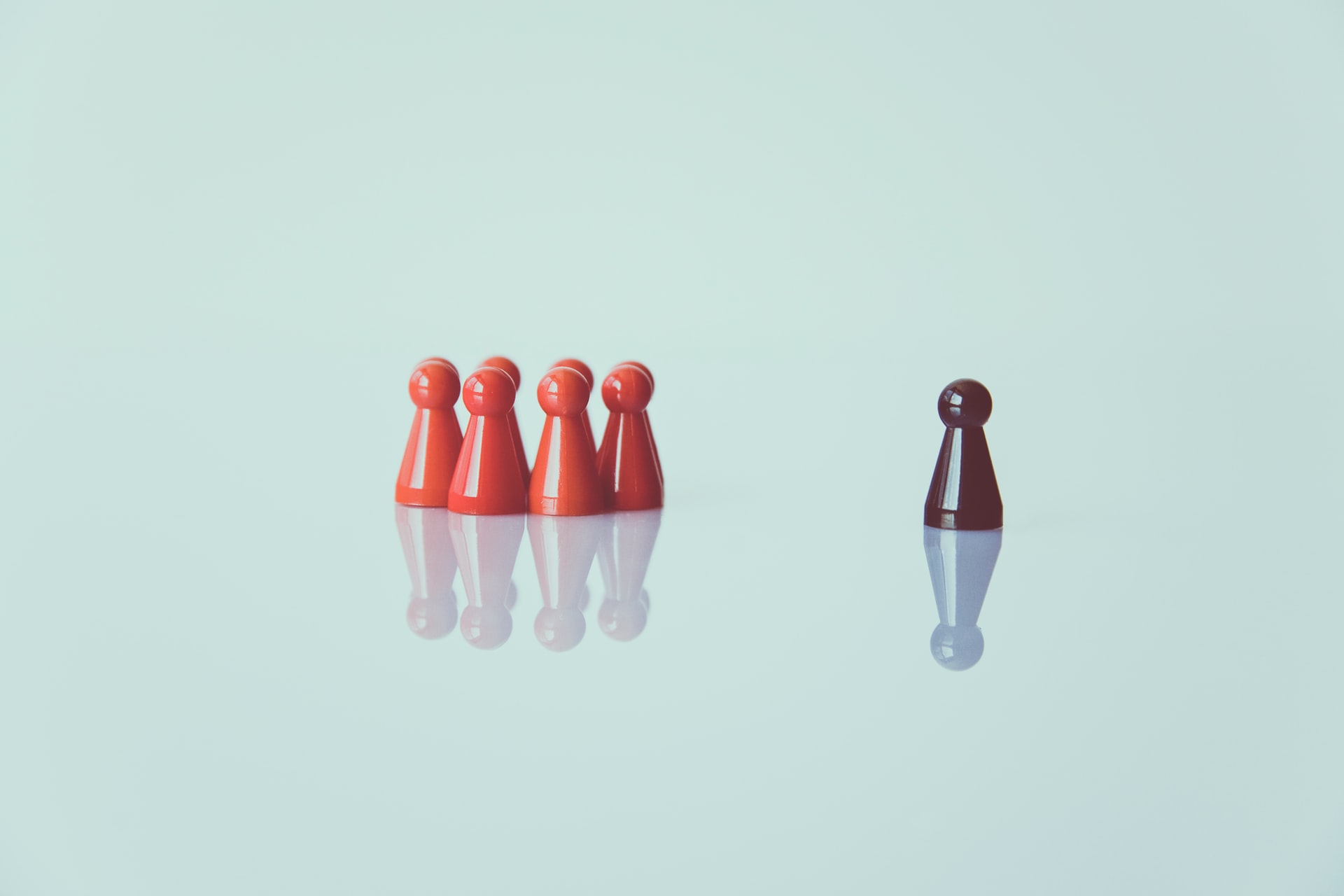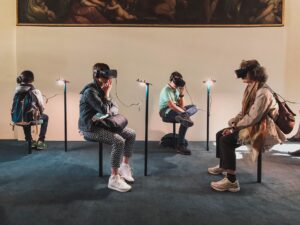To combat unconscious bias and promote diversity, equity, and inclusion efforts, Michigan State University is turning towards virtual reality technology.
The University’s Office of Diversity, Equity and Inclusion, the School of Planning, Design and Construction, and the College of Agriculture and Natural Resources have teamed up to create the “A Mile in My Shoes” app. The app has been designed for Oculus Quest headsets and highlights the negative implications of racism and unconscious bias.
The virtual environment is based on the university’s campus, wherein the users move through several scenarios and interact with their peers. For example, one of the scenarios requires the user to travel towards a classroom where an instructor avatar is waiting and deal with bias along the way.
“The purpose of developing this immersive, 3D experience is to demonstrate examples of actual situations many people experience every day,” said Quentin Tyler, the Associate Dean and Director for Diversity, Equity and Inclusion at the College of Agriculture and Natural Resources.
Tyler started developing the app in 2019 in collaboration with Linda Nubani, an interior design professor.
“This tool can help us collectively better understand the lives and experiences of people different from ourselves,” Tyler added. “It can help build awareness, understanding, and empathy.”
“A Mile in My Shoes” is Nubani’s latest initiative into VR apps. Earlier, she created an immersive VR model of the Broad Art Museum on Michigan State’s East Lansing campus back in 2018.
“I was interested in understanding how similar the real world is to the virtual world,” Nubani said. “After following Broad Art Museum visitors in both the real and virtual world, we found that the visiting patterns were strikingly very similar. This makes us very confident in using VR in various applications such as training, simulating complex scenarios, treating people with trauma or even providing a healing environment.”
Follow us on LinkedIn
Read other Articles





